|
Its not just about sunshine and eating right when it comes to COVID 19 and vitamin D. In recent clinical research, we are beginning to see the possibility of a correlation between increased Vitamin D levels and the lessening of symptoms and the increase of appropriate immune reactions . Additionally, there is ongoing research in regard to Vitamin D as part of active COVID treatment plans. The following article is a grouping of ongoing scientific studies with links to the various research reports to help keep you well informed. We hope you find this article interesting and informative. In addition to the article, we have included information on the types of Vitamin D that we recommend to clients, and also dietary and lifestyle guidelines for increasing your natural levels of Vitamin D. If you would like to speak with one of our practitioners directly about supplements, or if you would like to implement an immune boost and Vitamin D plan, please reach out to us at the office. The following article comes from Fullscript and has been medically reviewed by Dr. Kealy Mann, ND - Research and Education Manager. Please keep in mind that research is ongoing and constantly changing and that large randomized, and control based studies are still limited due to the newness and scope of this disease. If you feel you may have been exposed to COVD-19 or if you feel you have symptoms associated with this disease, please contact your medical doctor. In Health and Wellness , Petra Sovcov - Herbal Medicine, Clinical Herbal Therapist IntroductionAs a response to the current pandemic, new theories and research examining the pathogenesis and treatment of COVID-19 are becoming available. Recently, research examining vitamin D status and its possible link to COVID-19 risk has been quickly evolving. Through a review of literature, we aim to summarize the available information and provide an update on research. At the present time, available literature specific to COVID-19 and vitamin D is limited and lacks rigorous placebo-controlled human trials. To help provide more information on the possible effects of vitamin D status, we have also included research examining the connection between vitamin D status, acute respiratory distress syndrome (ARDS), and acute respiratory infections. More information specific to vitamin D status and supplementation related to COVID-19 is necessary to improve evidence-based clinical decisions in patient care. Examining the evidence Outlined below are summaries of published research articles that support the use of vitamin D. Each section is split into its respective condition. COVID - 19:There appears to be a positive correlation between low vitamin D plasma concentration and positive testing for COVID-19. Considering vitamin D modulates inflammation, it is theorized that higher-risk groups may benefit from supplementation. The Research Articles:The role of vitamin D in the prevention of coronavirus disease 2019 infection and mortality. Read full article This study aimed to assess any association between vitamin D levels, cases of COVID-19, and COVID-19-related mortality. An analysis of literature pertaining to vitamin D levels in various European countries and their reported cases of COVID-19 was performed. A negative correlation between mean levels of vitamin D (average 56 mmol/L) and COVID-19 cases was found in each country, as well as a negative correlation between serum vitamin D levels and COVID-19 mortality rates were also observed. This study also noted that older populations tend to have lower levels of vitamin D. 25-hydroxy vitamin D concentrations are lower in patients with positive PCR for SARS-CoV-2. Read full article A retrospective analysis of vitamin D plasma concentrations was performed on a cohort of older adults being tested via the nasopharyngeal severe acute respiratory syndrome coronavirus 2 (SARS-CoV-2) PCR test. Lower vitamin D levels were found in patients who tested positive for SARS-CoV-2, compared to those who tested negative. The median value of serum vitamin D was 11.1 ng/mL in those that tested positive, whereas those that tested negative had a median value of 24.6 ng/mL. Potential role of vitamin D in the elderly to resist COVID-19 and to slow the progression of Parkinson’s disease. Read full article A recent literature review compared relationships between Parkinson's disease (PD), vitamin D status, and COVID-19. The review found that vitamin D levels impacted Th2 and regulatory T cell response. Since Th1 responses are subsequently downregulated, this mechanism is thought to help decrease proinflammatory cytokines. Additionally, vitamin D may help down-regulate ACE2 receptors and decrease the risk of COVID-19. This study suggests that vitamin D deficiency may increase the risk of COVID-19, particularly in elderly and PD patients who are susceptible to deficiency. Supplementation of vitamin D may, therefore, reduce the risk and severity of COVID-19, as well as improve symptoms of PD and quality of life. Evidence that vitamin D supplementation could reduce the risk of influenza and COVID-19 infections and deaths. Read full article A literature review of vitamin D serum levels and how supplementation may reduce the risk for COVID-19 was performed. Vitamin D status was found to be low during the winter season which correlated with the timing of the outbreak. Based on the winter outbreak of COVID-19, it is theorized that lower vitamin D levels may increase the risk of contracting COVID-19. Acute Respiratory Distress Syndrome (ARDS)Decreased levels of serum vitamin D3 correlate positively with diagnoses of ARDS. Effect of vitamin D deficiency in Korean patients with acute respiratory distress syndrome. Read full article Through a retrospective analysis, serum levels of 25-hydroxy vitamin D3 were analyzed in a population of patients diagnosed with ARDS. Vitamin D deficiency was found to have an increased prevalence in patients with ARDS. Mortality rates were not associated with decreased levels of serum vitamin D3. Vitamin D deficiency contributes directly to the acute respiratory distress syndrome (ARDS). Read full article Human, murine, and in vitro methods were used to observe vitamin D deficiency and its impact on ARDS prevalence and severity. Human models displayed correlations of vitamin D deficiency in subjects with ARDS. Murine models demonstrated increased alveolar inflammation and epithelial damage when vitamin D deficiency was induced. In vitro results expanded on this by showing tropic effects in cells. Acute Respiratory InfectionVitamin D (any form, any duration) supplementation appears to result in a decreased prevalence of ARI or Acute Respiratory Tract Infection (ARTI). Decreased levels of serum vitamin D are associated with elevated risk of ARTI. Vitamin D supplementation to prevent acute respiratory tract infections: systematic review and meta-analysis of individual participant data. Read full article A systematic review and meta-analysis utilizing randomized controlled human trials sought to assess the effect and risk factors associated with vitamin D supplementation on the risk of acute respiratory tract infection (ARTI). An analysis of 25 randomized controlled trials (RCTs) found that vitamin D supplementation reduced the risk of ARTI in patients. Protective effects were found to be more beneficial in populations with baseline vitamin D levels less than 25 nmol/L, though patients with levels equal to or more than 25 nmol/L still experienced benefits. Vitamin D supplementation resulted in an overall reduction of ARTI. Acute respiratory tract infection and 25-hydroxyvitamin D concentration: a systematic review and meta-analysis. Read full article An analysis of observational studies was completed in this systematic review and meta-analysis, focusing on identifying the connections between vitamin D concentration and ARTI. Serum level concentrations were found to have a non-linear, inverse relationship between vitamin D serum levels and ARTI risk. Notably, an increased risk of ARTI was observed at serum concentration levels of vitamin D below 37.5 nmol/L. High-dose monthly vitamin D for the prevention of acute respiratory infection in older long-term care residents: a randomized clinical trial. Read full article A randomized controlled trial with a placebo group compared high and standard doses of vitamin D and its effects on acute respiratory infection (ARI) incidence. The high dose group received 100,000 IU monthly. The standard dose group received a placebo if their daily regime included 400-1,000 IU per day or a monthly dose of 12,000 IU for those taking less than 400 IU per day. Incidence rates of ARI in the high dose group were significantly lower than in the standard dose group. It is important to note that higher rates of falls, but no increase in fracture, were also observed in the high dose group. The Bottom LinePreliminary findings show that vitamin D status may be beneficial in determining the risk for COVID-19 and other respiratory illnesses. Compared to mean vitamin D levels in specific populations (e.g., elderly individuals), decreased serum vitamin D may indicate high risk for the conditions above. In light of the evolving information regarding the COVID-19 pandemic, the goal of this review is to provide insights into the latest research on vitamin D status as it relates to COVID-19, ARDS, and ARI. These early findings are crucial to help strategize possible treatments and improve future clinical trials. Randomized placebo-controlled human trials are necessary in order to provide the level of evidence best suited to clinical practice.
A second important detail is to make sure your vitamin is bioavailable. This means that the vitamin is easy to digest and is easily broken down in your digestive tract where it can be absorbed in your gut. Because of the importance of bioavailability, I often recommend that Vitamin D come in a liquid form. The following are some of my favorite suggestions. Liquid D3 by Pure Encapsulations
Pure Encapsulations D Caps
Dietary and Lifestyle Suggestions for Increased Vitamin DVitamin D is part of a family of vitamins known as fat soluble, because in contrast to water-soluble vitamins, it is more readily stored in our body tissues. No vitamin requires more whole-body participation than vitamin D. The skin, bloodstream, liver, and kidneys all contribute to the formation of fully active vitamin D. The process of vitamin D starts with the skin cells and sunlight. Vitamin D is known as the "sunshine" vitamin because it is manufactured in the human skin when in contact with ultraviolet light in the sun's rays. The sunlight interacts with 7-dehydrocholesterol (a form of cholesterol) to form something called cholecalciferol, which is then transfered to the liver or kidneys where it is converted to another form. This form of vitamin D is called calcidiol. The calcidiol formed in the liver must be sent further to the kidneys for conversion into the most fully active for of vitamin D also known as vitamin D3, and is considered by some researchers to be the only truly active form of vitamin D. Vitamin D is closely related by structure to estrogen and cortisone. When ingested, this fat-soluble vitamin is absorbed through the intestinal walls with other fats with the aid of bile from the liver. What Does Vitamin D Do?
CautionsThere are some toxicity problems related to hypervitaminosis D (too much vitamin D). These usually occur in doses of more than 1,000 to 1,500 IU daily for a month or longer in adults, more than 400 IU daily in infants, and more than 600 IU daily in children. These are not exact numbers, and may vary between individuals, time of year, and specific needs. However, it is wise to be careful with supplemental vitamin D and to work with an appropriate practitioner. Foods that Contain Vitamin DIf you choose to partially supplement your Vitamin D with foods, please be certain to eat as clean as possible. Organic produce is best, followed by the dirty dozen and clean fifteen list. Foods that are rich in Vitamin D include:
For vitamin D enrichment, getting outside is one of the best things you can do. Try 15 minutes in the sun if possible, or a little longer in speckled shade. Article References:
5 Comments
I like to take care of my health, both physical and mental. To avoid deficiencies, I had to adopt a balanced diet and above all use a specific food supplement. It is on this article that I found the product that allowed me to relive and enjoy optimal well-being without health concerns.
Reply
Awesome content. Loved this post and I’m definitely pinning it to share! You might like to visit couponplusdeals.com for amazing coupons and promotion, especially for health supplements, jewelry, gadgets, home and office supplies, apparels, and many more, with thousands of brands all over the world. Thanks for the great read. Kudos!
Reply
10/18/2023 11:37:10 pm
Yes, science does support the use of vitamin D in the context of COVID-19. A growing body of evidence suggests that vitamin D can play a role in reducing the risk of infection, the severity of disease, and the risk of death from COVID-19. Vitamin D is a fat-soluble vitamin that is essential for many bodily functions, including immune function. Vitamin D receptors are found in many different types of immune cells, and vitamin D is known to enhance the function of these cells.
Reply
Leave a Reply. |
Petra Sovcov is not a Medical Doctor (MD) nor a Naturopath (ND), she is a Clinical Herbal Therapist (CHT) and holds a Doctorate in Natural Medicine (DNM). The suggestions or recommendations made on this site are not meant to be a substitute for advice from your MD, or as a substitute for any prescriptions you may be taking. Suggestions followed will be the responsibility of the reader, and are stated with the intention of interest and education only. If you have a health issue, please see your primary care physician (MD) first and foremost. Categories
All
Archives
July 2024
|

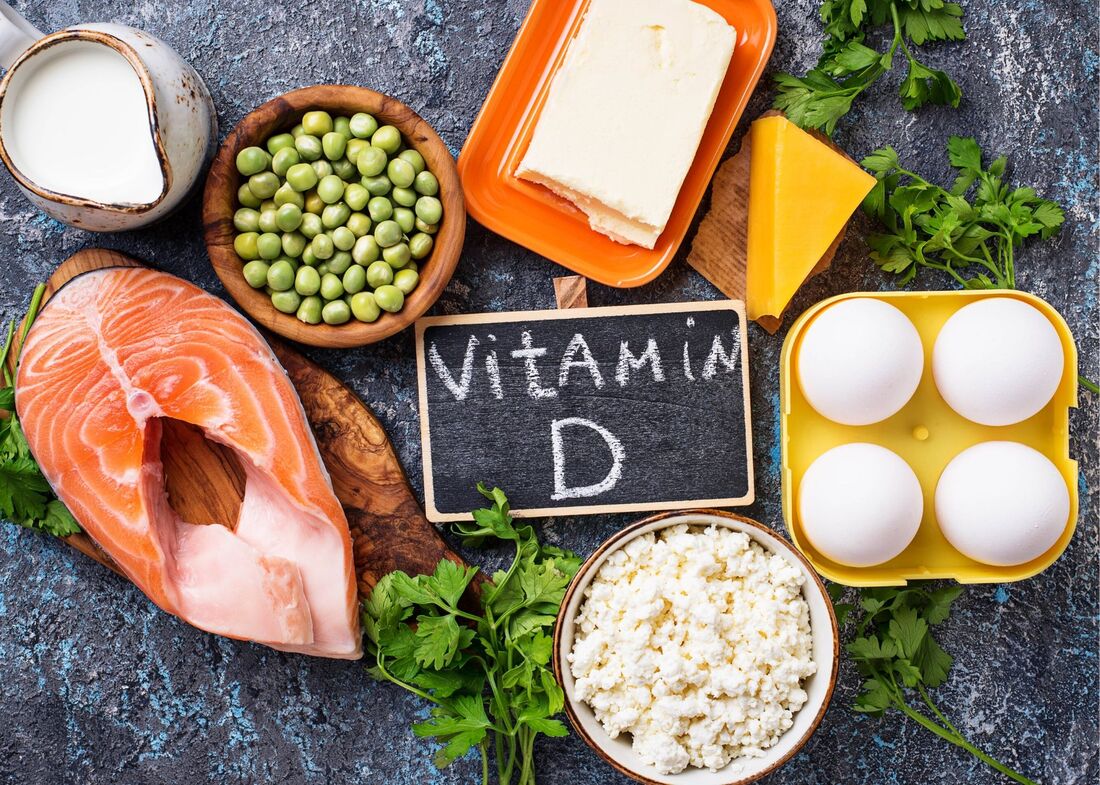
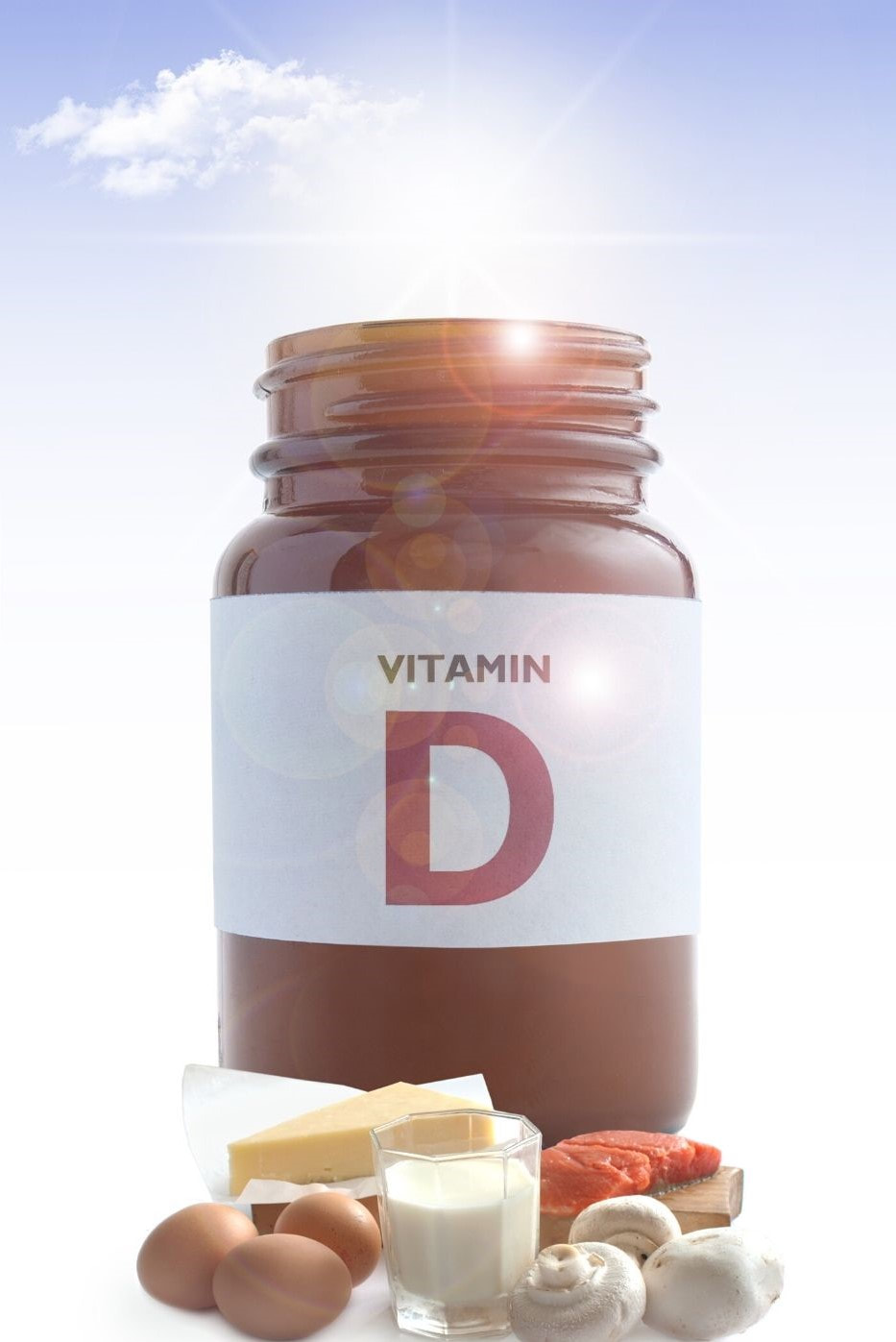
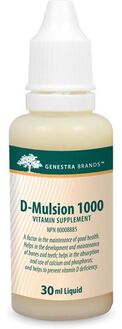
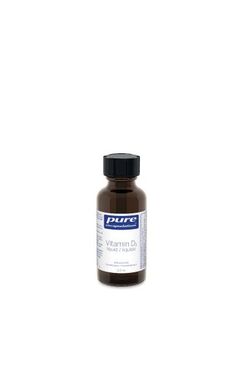
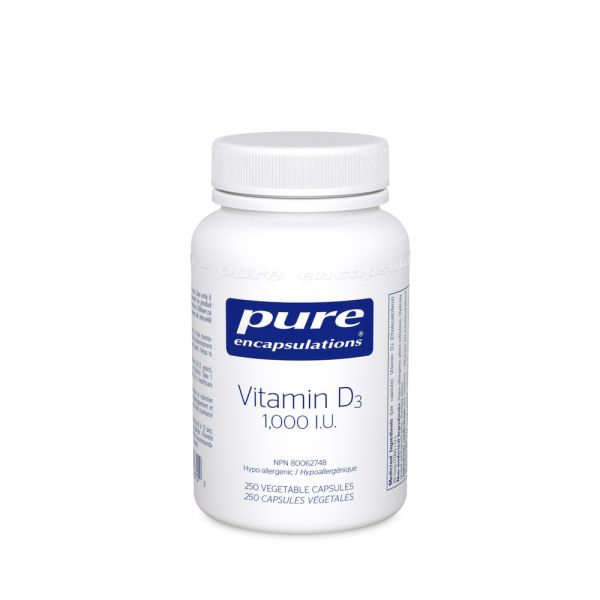

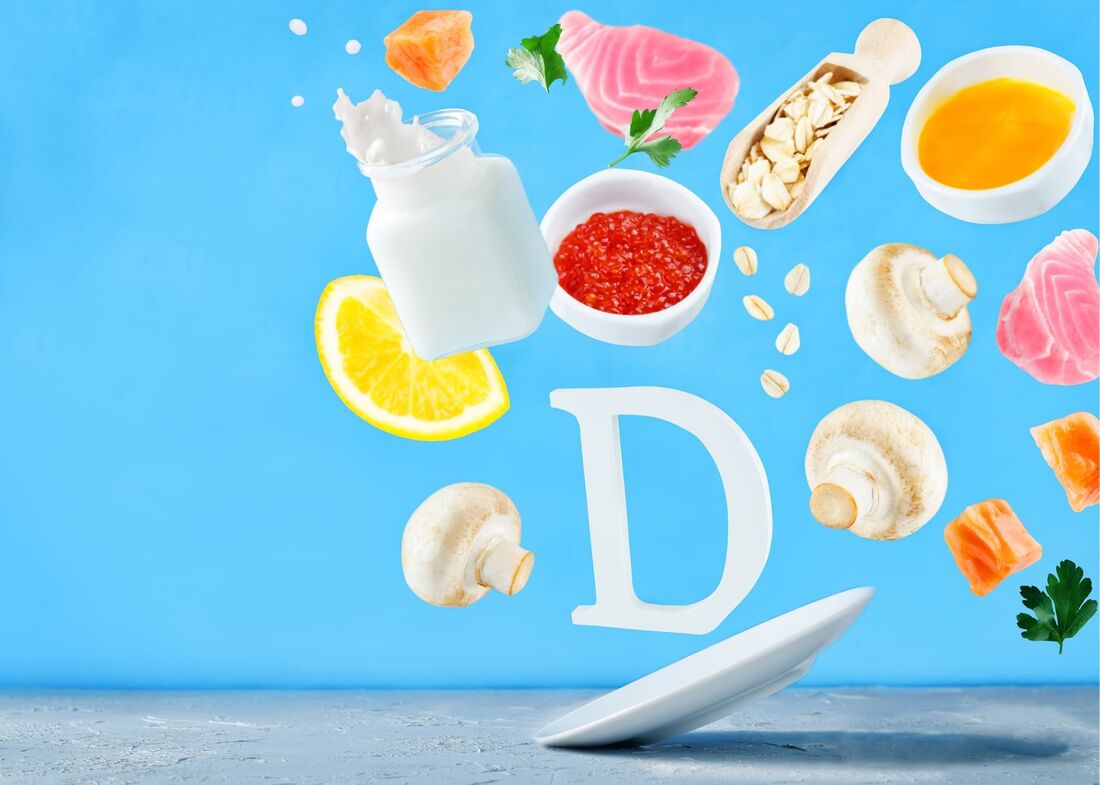
 RSS Feed
RSS Feed